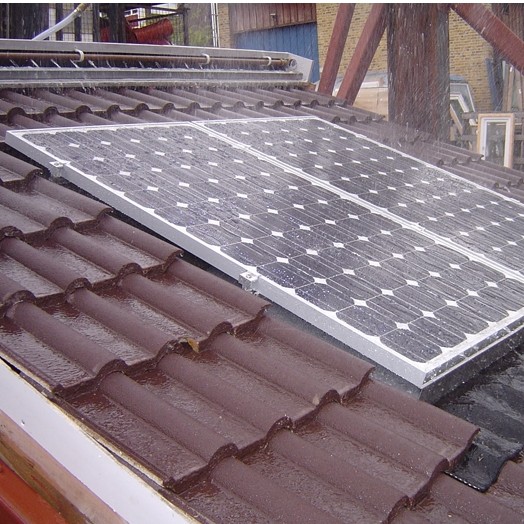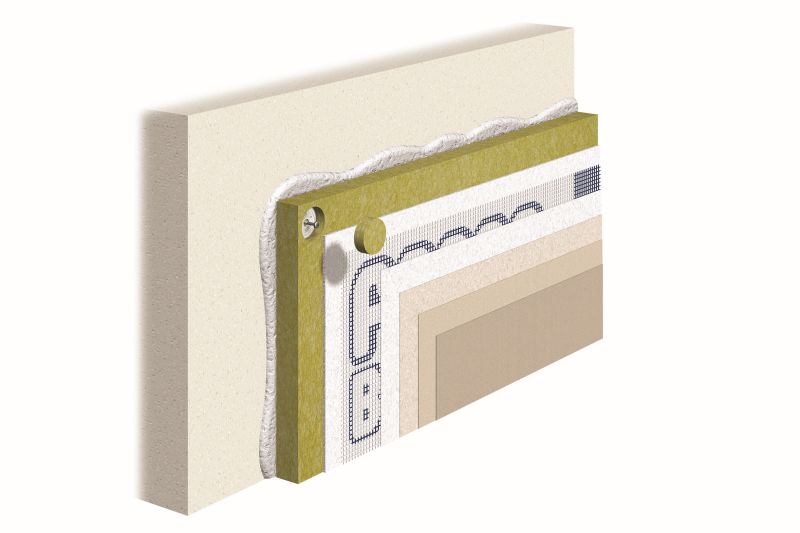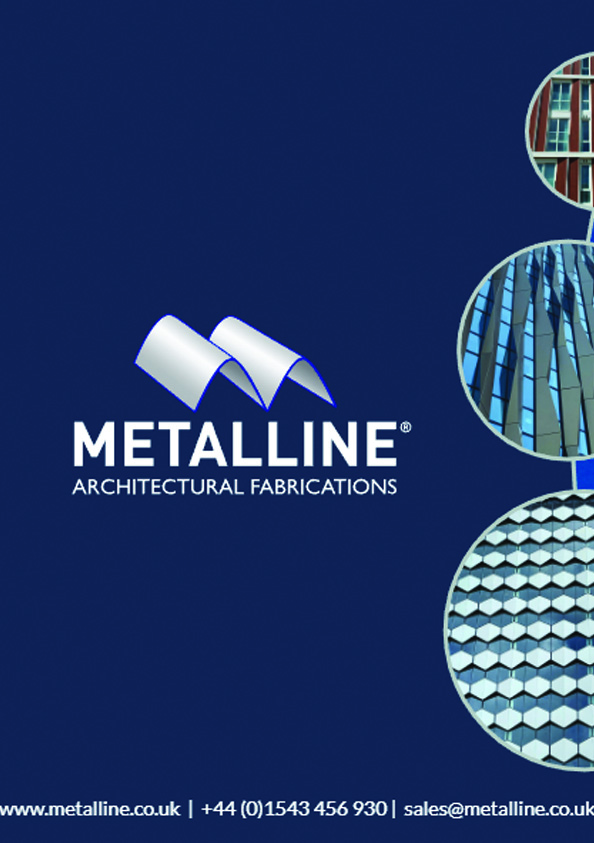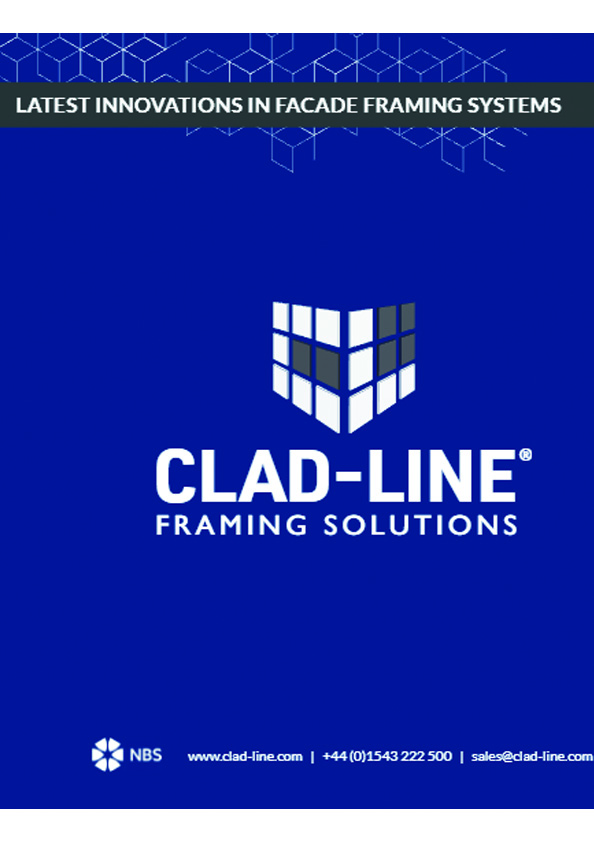Solar panels installations have risen dramatically since the introduction of the feed-in tariff incentive and even with the cuts to the tariffs by government further growth is possible especially with the advent of the Green Deal. However, an increase in installations has led to a rise in leaking roofs being reported by householders.
Some leaks can be attributed to inadequate fixings being used to attach the panels to the roof which can move over time due to the prevailing weather conditions causing damage to the roof covering.
In an attempt to address this problem the Microgeneration Certification Scheme (MCS) published MCS012 Product Certification Scheme Requirements: Pitched Roof Installation Kits on 16th March 2012. This is a new requirement for mounting kits used with solar heating and solar PV installations intended for installation on pitched roofs. The document addresses three aspects of performance: resistance to wind loading, reaction to fire and resistance to water penetration.
Manufacturers have until 31st March 2014 to obtain Certification against the new requirements. After this point, all MCS installations will need to be able to demonstrate compliance with the new standard via third party Certification.
MCS 012 provides a clear framework for manufacturers and installers to demonstrate that their products are able to comply with the relevant Building Regulations. It is important to emphasise that this standard introduces no requirements above those already in the Building Regulations.
Comparison with Current Standards
The Product Standards that cover solar collectors and solar photovoltaic panels (and hence the existing MCS Product Standards) include some tests that check panels’ resistance to loading and to weathering. These tests are designed for the panels themselves and are not aimed at the panel mounting systems. This means that the interface between the roof and the panels is not tested and therefore the weathertightness and structural adequacy of installed panels cannot be verified from these tests. Reaction to fire testing is not currently required by these product standards.
Requirements of MCS 012
Roof installation kits must be tested and a certificate issued by an accredited Certification Body such as the BBA. The Certificate will include the resistance to wind uplift and fire rating, where applicable, and confirm that the weathertightness of the roof is not compromised by the installation of the panels.
The Tests
Resistance to Wind Uplift
The solar panel system is fixed to a representative roof structure and an uplift resistance is determined by applying an increasing load to the panels until a failure occurs. The failure can be either breakage or a functional failure where it is deemed the weathertightness of the roof can no longer be ensured.
The wind uplift resistance is divided by a partial factor dependent on the type of failure and materials to derive a declared value. This declared value must be used by the installer to demonstrate that, for each installation, the calculated wind load for that specific roof will not exceed the value given in the MCS Certificate.
Fire Rating
The Building Regulations impose restrictions on roofing, based on its performance in reaction to fire testing. This value should take into account the performance of the solar panels.
Roof integrated systems must therefore be tested for external spread of flame, and a classification declared. Above-roof systems do not need to be tested provided the roof covering over which they are installed is non-combustible.
Weathertightness
Samples are installed as they would be on site into a test roof including the roof covering for which they are designed to be used (tiles, slates etc). The test roof is then subject to a deluge test, simulating a heavy rainstorm, for two minutes and checked for any water ingress through the roof covering. A pass is achieved if the water ingress is no greater than that occurring with the roof covering alone. This test is carried out for both roof integrated and above roof mounted systems.
As an accredited Microgeneration Certification Scheme (MCS) certification body, the BBA has awarded certificates to over one hundred renewable energy product manufacturers. The BBA can certify companies on all five product technologies covered by the MCS – Solar Thermal, Solar Photovoltaic, Biomass Boilers, Heat Pumps and Wind Turbines.
To ensure that it was ready for the introduction of MCS 012, the BBA recently invested in a new test rig so that the weathertightness and resistance to wind uplift tests could be performed. Many manufacturers of PV systems have already gained approval using this new kit and the BBA invites others to make contact as soon as possible to avoid a rush of applications as the deadline approaches.
For more information and a quotation contact the BBA; e-mail testing@bba.star.co.uk
telephone 01923 665300.




















